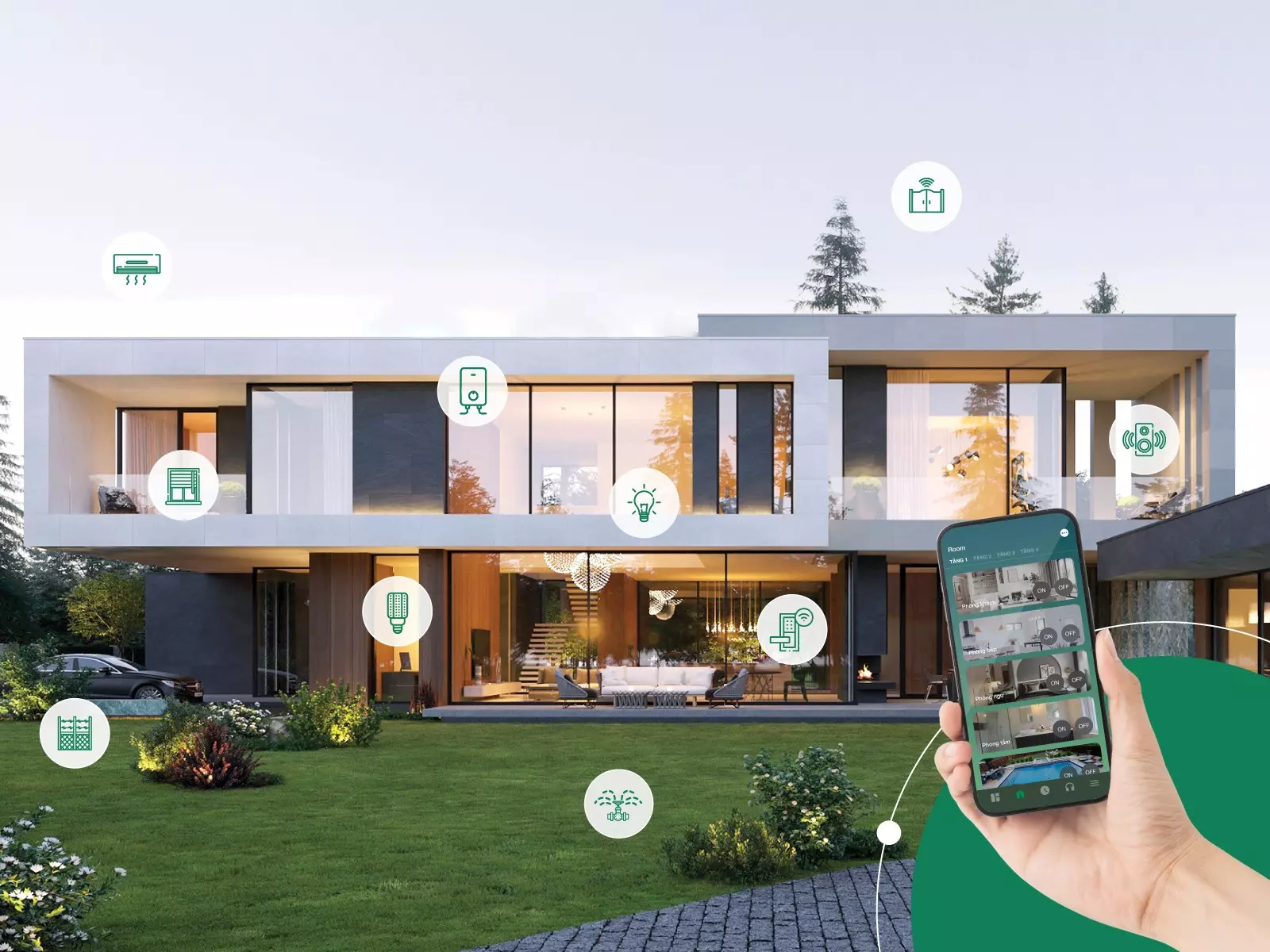
In today's rapidly advancing technological landscape, the concept of a smart home ecosystem has gained significant traction. But what exactly is a smart home ecosystem, and how does it revolutionize our daily lives? In this article, we will delve into the intricacies of this innovative technology, exploring its various components, benefits, and potential applications.
At its core, a smart home ecosystem refers to a network of interconnected devices and systems that work harmoniously to automate and enhance various aspects of our homes. These devices, ranging from smart thermostats and lighting systems to security cameras and voice assistants, are all designed to communicate with each other seamlessly, creating a truly interconnected and intelligent living space.
One of the key advantages of a smart home ecosystem is its ability to streamline and simplify daily tasks. Imagine waking up to a home that automatically adjusts the temperature to your preferred setting, brews a fresh cup of coffee, and gently wakes you up with your favorite music. With the integration of smart devices, such conveniences become a reality, saving us time and effort while providing unparalleled comfort.
Beyond convenience, a smart home ecosystem also offers enhanced energy efficiency. By leveraging sensors and data analytics, these systems can optimize energy consumption by automatically adjusting lighting, heating, and cooling based on occupancy and ambient conditions. This not only reduces our carbon footprint but also translates into significant cost savings on utility bills.
Security is another paramount aspect of a smart home ecosystem. With the integration of smart locks, surveillance cameras, and motion sensors, homeowners can remotely monitor and control their homes' security, receiving real-time alerts and taking immediate action if any suspicious activity is detected. This level of control and peace of mind is invaluable, especially in an increasingly interconnected world.
Furthermore, a smart home ecosystem opens up a world of possibilities for personalized experiences. Through machine learning algorithms and artificial intelligence, these systems can learn our preferences and adapt to our needs over time. From adjusting lighting and music based on our mood to creating personalized schedules and reminders, the potential for customization is limitless, making our homes truly tailored to our individual lifestyles.
As the demand for smart home technology continues to grow, so does the need for seamless integration and compatibility. Industry leaders are actively working towards establishing open standards and protocols to ensure interoperability among different devices and platforms. This not only fosters innovation but also allows homeowners to mix and match devices from various manufacturers, creating a truly customized smart home ecosystem.
In conclusion, a smart home ecosystem represents the future of modern living. By seamlessly integrating various devices and systems, it offers unparalleled convenience, energy efficiency, security, and personalization. As technology continues to advance, the potential for further enhancements and applications within this field is immense. Embracing this transformative technology opens up a world of possibilities, where our homes become intelligent, intuitive, and truly connected.

